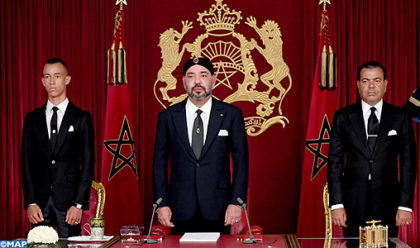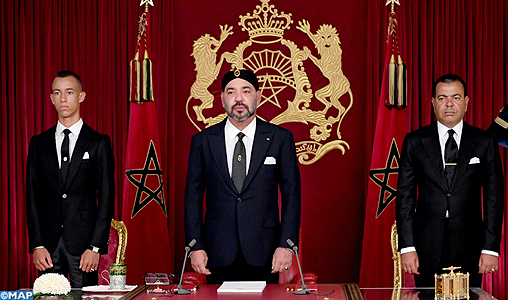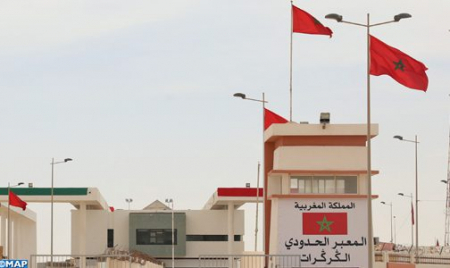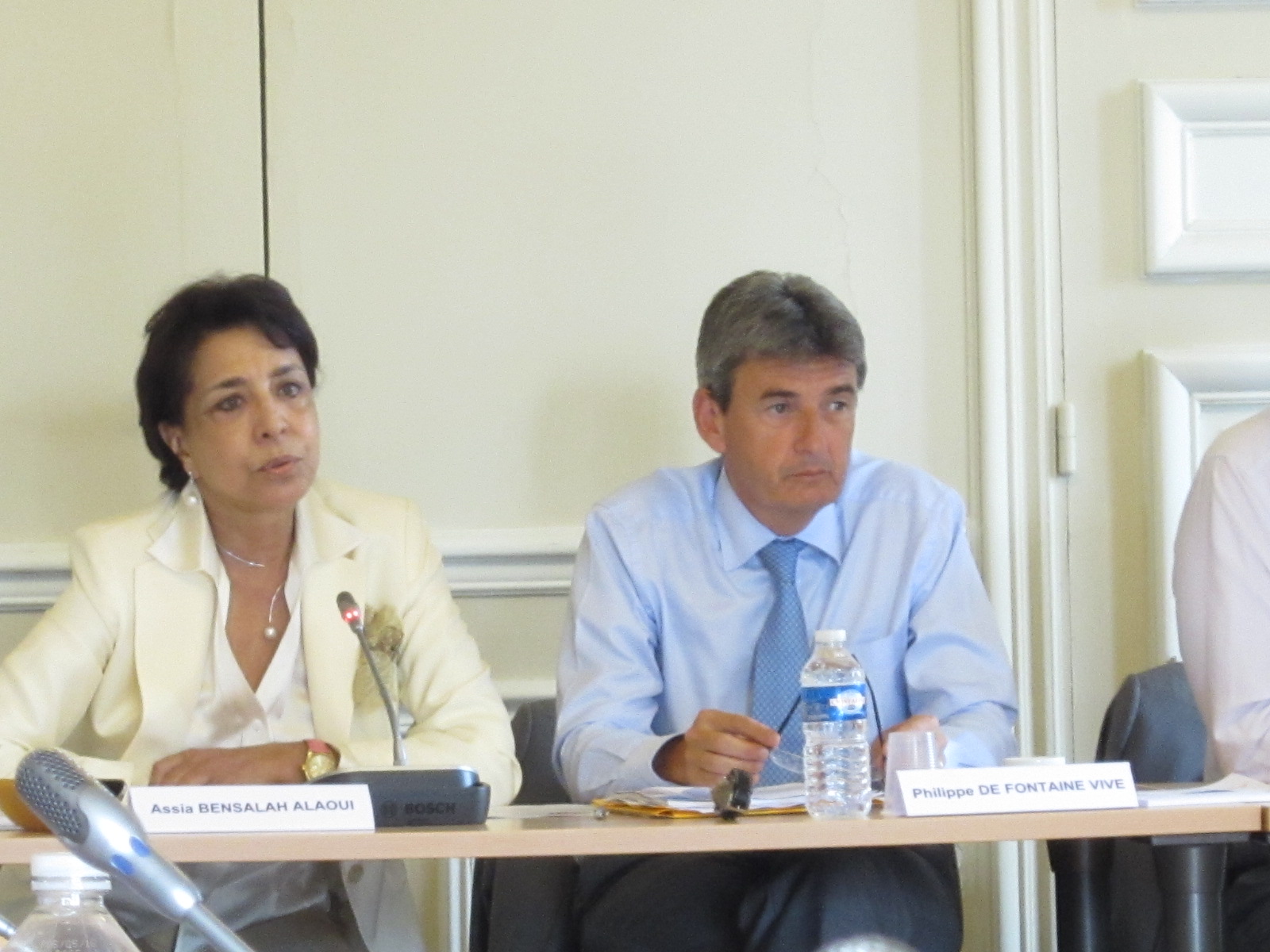 King Mohammed VI has called for a new social contract and outlined a roadmap for a complete overhaul of social dysfunctions, calling on the Government and all the stakeholders concerned to undertake an in-depth, thorough restructuring of national social welfare programs and policies.
King Mohammed VI has called for a new social contract and outlined a roadmap for a complete overhaul of social dysfunctions, calling on the Government and all the stakeholders concerned to undertake an in-depth, thorough restructuring of national social welfare programs and policies.
The call came in the speech of the Throne the king addressed to the nation Sunday from Al Hoceima, and this is the first time ever in Morocco’s contemporary history that the Speech to the Nation is delivered from the Northeastern city.
“We can be satisfied with and take pride in what Morocco has achieved and what Moroccans have accomplished over the last two decades. Yet, I cannot but feel that something has been missing in the social domain,” the King said, vowing “to continue to work actively and resolutely in this field, and to seek to identify and address weaknesses together”.
The king who unveiled the major axes of this new social and economic contract, commended the new initiative to set up a “consolidated social register”, saying it is a promising start for the gradual improvement of social welfare programs over the short and medium terms.
“This is a national registration system to identify families that truly deserve to benefit from social assistance programs. To this end, precise and objective standards will be set and modern technology will be used,” he said, describing the register as “a strategic and ambitious social project which concerns large segments of the Moroccan population”.
In the Throne Day speech, marking this year the 19th anniversary of his enthronement, King Mohammed VI, however, warned that this social project is “much too important to be perceived as a mere one-term government program, or as a reflection of the vision of a given ministry, party or political actor”.
Pointing out that his ambition to improve social conditions in the country is much greater than simply establishing a mechanism or setting out a program, however important that may be, the Monarch called on the Government and all the stakeholders concerned to undertake an in-depth, thorough restructuring of national social welfare programs and policies and to submit proposals for their evaluation.
Until this reform effectively bears fruit, the king urged the Government to adopt, as soon as possible, a set of provisional social measures, and to inform him regularly on the progress made.
To make sure impacts of the reforms are tangible and felt directly, King Mohammed VI strongly recommended laying emphasis on a set of urgent initiatives. In this vein, he stressed the need to give strong impetus, as of the next school year, to school enrolment programs, to combat school drop-out, and to promote early childhood education, school transportation, school canteens and boarding schools.
“The above measures are designed to ease the burden on families and to provide them with support to make sure their children continue to attend school and training programs,” the King said.
He also stressed the need to launch the third phase of the National Initiative for Human Development, to tackle the dysfunctions marring the health coverage program ‘RAMED’ and to undertake, concurrently, a thorough review of the national health system, which is characterized by blatant disparities and poor management.
The Monarch called for facilitating social dialogue with labor unions with a view to promoting the competitiveness of Moroccan companies and increasing the purchasing power of workers.
“In this regard, I call upon the social stakeholders concerned to keep in mind the nation’s best interests, show a keen sense of responsibility and seek consensus in order to develop a balanced, long-lasting social charter that guarantees the competitiveness of businesses while increasing the purchasing power of the working class in both the public and the private sectors.”
Reminding the government that social dialogue is necessary and that it should be an ongoing process, he said “the government should meet with trade unions and talk regularly with them, regardless of the potential outcome of that dialogue.”
King Mohammed VI who insisted that the best social protection comes from the creation of productive jobs that guarantee a dignified life, made it clear that jobs cannot be created, nor can a proper, modern social system be set up without a qualitative leap in investment, and without support for the nation’s productive sector.



